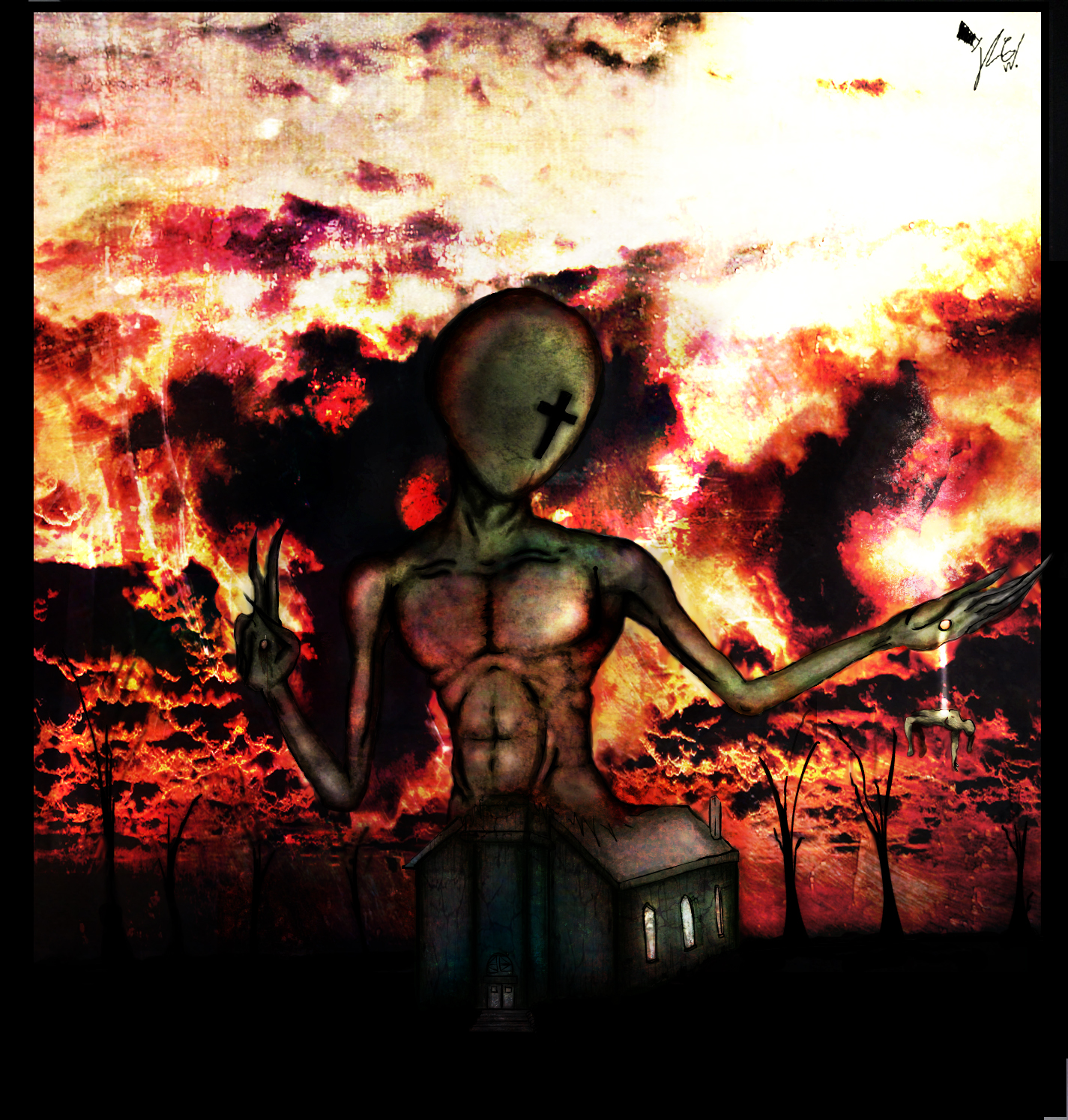Ugg, I'm in a mini-crunch before a meeting tomorrow, but I just finished my cuppa black tea, so here goes some stream of consciousness with a re-play your podcast in the background:
Some small bit of perspective, up until about a month ago, this was my basic view of religion:
Religion has been on my mind lately, since reading The Year of the Flood (God, when the fuck will thundara shut up about Atwood--when I get my next round of Audible credits and finish MaddAddam, that's when).
SUMMARY
The story is based around a group that combines the minimalist and agronomist lifestyle of hippies with a branch of Christianity where the rapture is replaced with a prophecy of Noah's ark. Take impending doom and promise your disciples that it will be caused by materialism, capitalism, and industrialization; only by rejecting luxuries and returning to the land may they be saved.
YRASSMUS
ANALYSIS
It's not that crazy a prophecy, I've met more than a hundred people at this point who subscribe to components of these ideas. Be it vegetarianism due to CAFOs, urban farming due to GMOs, or tea and meditation due to SATs, to a large extent, the roots of these wants for a simpler lifestyle exist outside of any health, environmental, or economic concerns. Yet in the normal progression of maturation, most people are exposed to only sections of these ideas without understanding the larger philosophies that tie them together or how deep those ideas may alter their perspective every aspect of their life.
Enter the preacher.
Spirituality is as many of you have already said, and more. It's a cornerstone upon which a person can build a pillar of morality. It's a ground upon which you can ask yourself: "What would _Jesus_ do?", when all other persons have an element of unholy humanism to them. And when a person is lost, they at have the clerics to give them words of solace and guide them back to their community. That is not to say that religion is not without its flaws, nor is secularism without community, philosophy, or leaders. But historically, in times of darkness and despair, it was a beacon to some to light the way.
And the same way that ideas may light the mind, religion (and the core -isms that have been isolated from it) can light ideas with a higher purpose than any ethos can hope to replicate. Though I am not a man of faith, I've felt my own semi-irrational rejections of industrialization and consumerism.
Doesn't that make you want to get out from the cogs?
SISYLANA
Alright, back to Gibson assembly...
